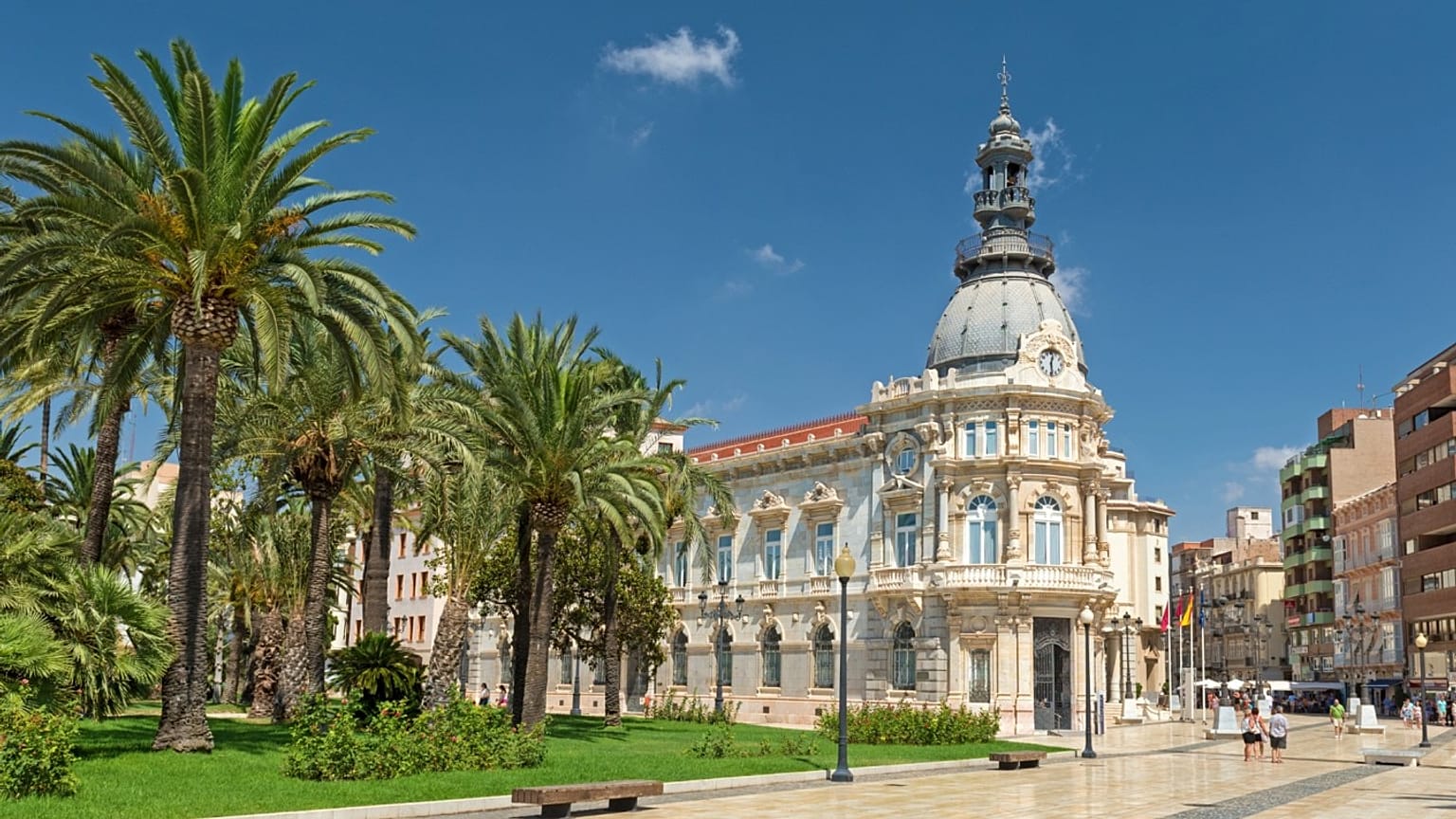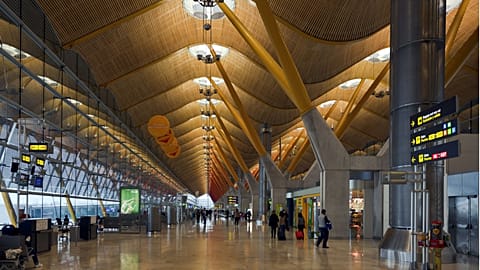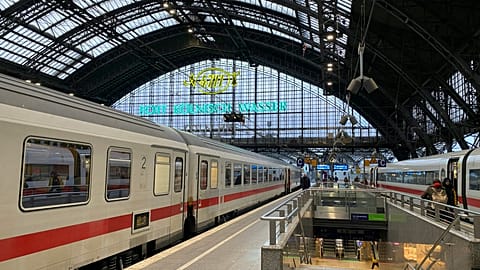Spanish PM Pedro Sánchez says the new rail route settles "a historic debt with Murcia, putting an end to an unfairly prolonged railway isolation".
Spain's southeastern region of Murcia now has a high-speed train link with Madrid.
 ADVERTISEMENT
ADVERTISEMENT
 ADVERTISEMENT
ADVERTISEMENT
The AVE rail, which launched on 20 December, puts an end to an almost two decade wait for a service which was long promised and slow to deliver.
"We settled a historic debt with Murcia, putting an end to an unfairly prolonged railway isolation," tweeted Spanish Prime Minister Pedro Sánchez on Monday, adding that the new line would advance their goal to "guarantee equal opportunities for all Spaniards."
Yet not everyone is celebrating. On train operator Renfe's Twitter, complaints are circulating about the frequency and speed of the trains.
How often will the Murcia-Madrid trains run?
Four daily services now run in each direction between Murcia and the Spanish capital, with the direct train taking 2 hours and 40 minutes. Two of the services stop in Alicante, with a total journey time of 3 hours and 30 minutes.
Introductory tickets from Murcia to Madrid are available for as low as €19 but go as high as €90, depending on how far you book in advance. Spain's free train pass scheme can be applied to the Murcia-Alicante journey.
What is Spain's free train ticket scheme?
Earlier this year, free train tickets were introduced for short and medium-distance journeys. It started on 1 September and was originally meant to end on 31 December, but has since been extended to December 2023.
The scheme applies to short and medium-distance trains run by the national rail operator Renfe. It is open to all nationalities, including international tourists.
"This measure aims to promote public transport and reduce the use of private vehicles and will help reduce our energy dependence and our carbon footprint," Renfe states on its website.

















